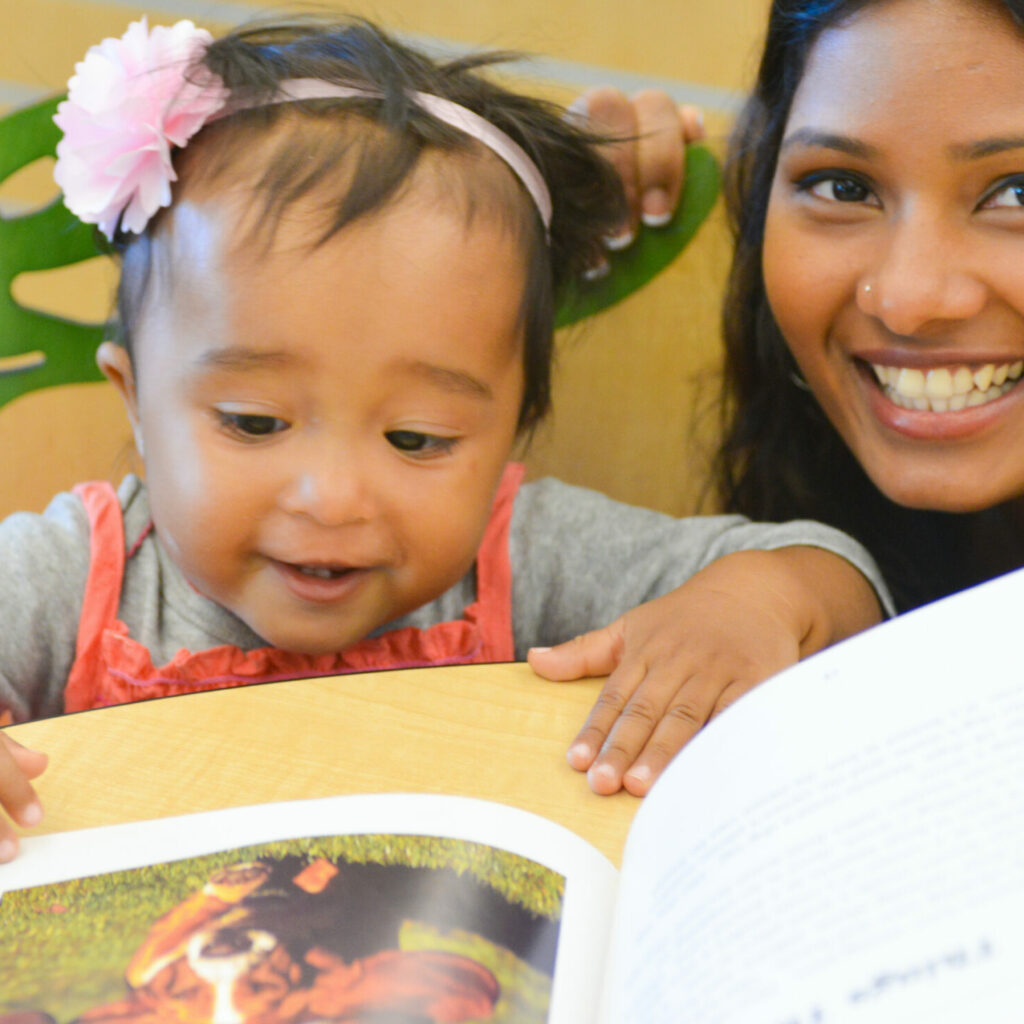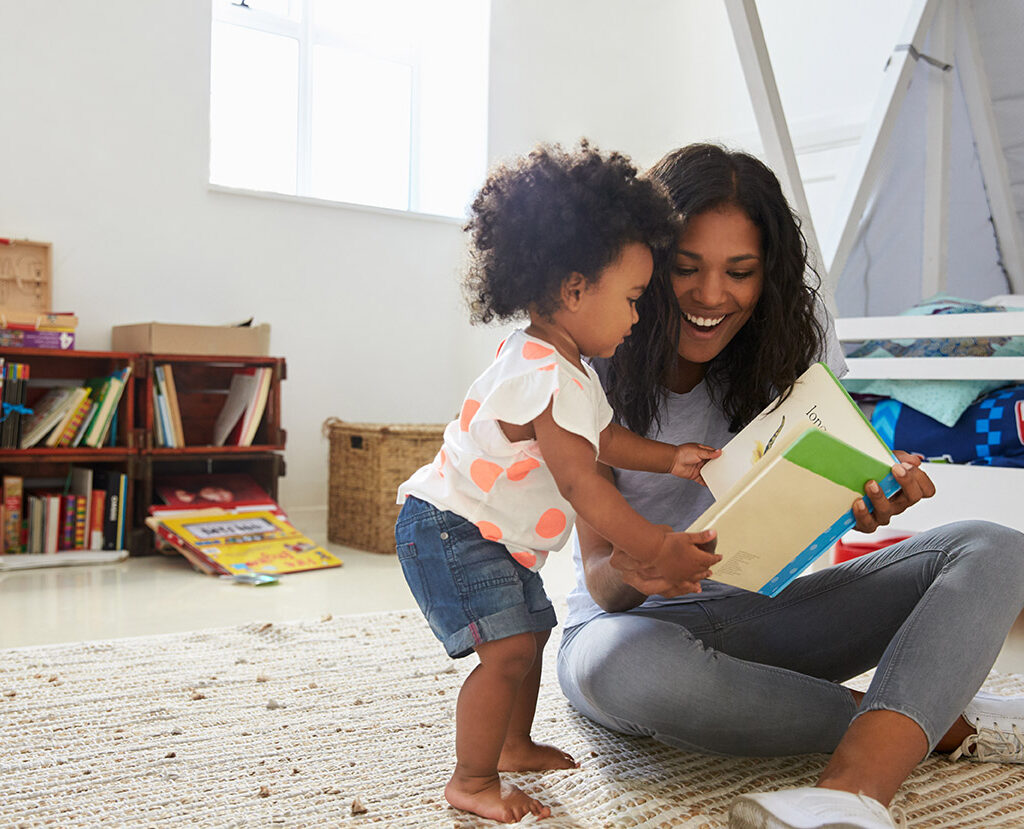Child Wellbeing: Structure is Soothing

Now more than ever, helping your child keep a routine can make an incredibly positive difference in their overall wellbeing. Children thrive when they know what to expect in their day. Establishing a routine and trying your best to stick to it will help create a sense of safety and excitement for your child. The […]
Child Wellbeing: Communicate and Connect to Reduce Stress During COVID-19

From school closures and not being able to see grandparents or friends to cancelled events like birthday parties, your child is likely facing many new changes in their day-to-day life that can lead to higher levels of stress. This kind of stress can challenge a child’s physical and mental health, and contribute to conditions such […]
How to Find Community Support and Stay Connected During COVID-19

While so many aspects of your life may be impacted by this pandemic, know that you are not alone. Many families are facing more hardship and emotional challenges than ever before. Fortunately, the San Mateo County community continues to come together to ensure our families are supported. Whether you’re in need of resources related to […]
Caring for Yourself to Care for Your Family

On any given day, especially during a global pandemic, self-care is probably the last thing on a parent’s mind. Balancing the responsibilities of family, household and career can make self-care feel out of reach altogether. However, now more than ever, making your own well-being a priority is the best gift you can give your family. […]


